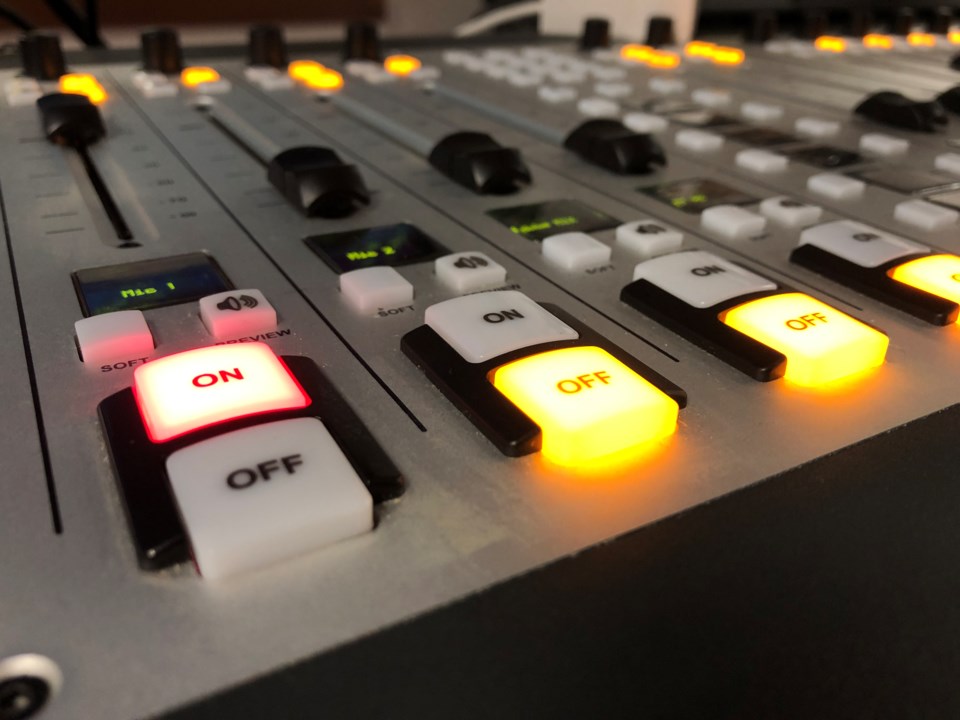While most radio DJs on the air are humans, one recent voice on the air is computer code.
Sonic, broadcasting on 104.9 FM, is a Rogers Communications station based in Vancouver; while it has humans on air through most of the daytime hours, late at night, a new voice can be heard in between songs and ads. It calls itself Sonic AI.
A voice on the radio
A spokesperson with Rogers Sports and Media confirms the corporation has been working with a company called Futuri since early 2023 and "beta testing their Radio GPT technology."
"Where it makes sense, we have the AI voice identify themselves as AI to our listeners," states the spokesperson in an email to V.I.A. "The introduction of testing AI components on some of our radio stations is additive to and augments around our existing on-air radio talent."
The spokesperson did not respond to follow-up emails regarding which other Rogers properties are using AI on air. They also didn't respond to questions about how long it has been on air, and what role it plays at the station beyond a voice between songs.
Not replacing humans
On air host Jeremy Baker, who's been broadcasting in B.C. for more than 20 years (including stints at CFOX and the Peak), says he's not surprised by the introduction of AI into the on-air role late at night.
"I've always had in the back of my head that it would be used on air," he says, noting that computer applications have existed since he entered the industry to program music, though those were less advanced than today's artificial intelligence.
Last year, the U.S. saw the first AI programs take to the air; Baker notes that while it may sound like AI is coming for human jobs, the reality is they're filling a void where no humans are working.
"A lot of the on-air jobs in radio are gone or going away already," he says, adding there aren't any music-focused radio stations in Vancouver with an overnight DJ, and there hasn't been any for years. Some morning shows aren't based in Vancouver, either, and lots of content is voice-tracked already.
"Those (overnight) jobs have gone away and they're not coming back," he explains.
Baker says he'd have an issue if the AI was replacing jobs, but explains "in this case, they're replacing nothing."
"It's challenging out there," he says. "It's how I imagine steam train operators felt 100 years ago."
Up to the humans
Given the fact on-air jobs are still disappearing, whether or not AI exists, Baker says the debate is about whether people want to hear a voice on the radio, followed by whether it's worth listening to.
"If every station does AI...they're all going to sound really similar, really quickly," he says.
It could lead to a sort of "arms race" of developers trying to come up with better AI.
"AI is only going to be as good as the personality they program it with," Baker says.
There's even a chance, however unlikely, it could lead to new jobs.
"If I'm going to go silver lining, if a radio station that had nobody on the air has success with AI, that might prove that having a person on air is valuable," he notes.
Even then, it'll be up to the listeners.
"I think, ultimately, it's up to the people, if they're still listening to radio," Baker says. "Like all businesses, you choose to give your time and money."



